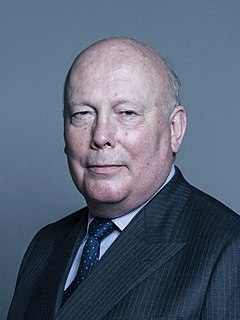A Quote by Julian Fellowes
For most directors, the scriptwriter is about as welcome on set as a member of the Taliban.
Related Quotes
In mid-November 2001, as they moved toward the city of Kandahar, the Taliban's de facto capital in southern Afghanistan, Amerine's team called in airstrikes against advancing Taliban units and more or less obliterated a Taliban column of a thousand men that had been dispatched from Kandahar. It was the Taliban's final play to remain in power.
When you're a screenwriter working on a film, you're not really even welcome on set, even if you know... When I wrote 'Elizabeth' and Shekhar Kapur was a friend of mine, but I wasn't really welcome on set, because the director is God and it's a very difficult position for a screenwriter who's put so much passion into that, into the writing.
I worked for 20 directors as a production designer, most male. I was on the set to witness firsthand a range of sometimes atrocious emotions - well-documented firings, yellings, fights between directors and actors, hookers, abusive things, budget overages, lack of preparation. A man gets a standing ovation for crying because he's so sensitive, but a woman is shamed.
The Taliban's acts of cultural vandalism - the most infamous being the destruction of the giant Bamiyan Buddhas - had a devastating effect on Afghan culture and the artistic scene. The Taliban burned countless films, VCRs, music tapes, books, and paintings. They jailed filmmakers, musicians, painters, and sculptors.






































